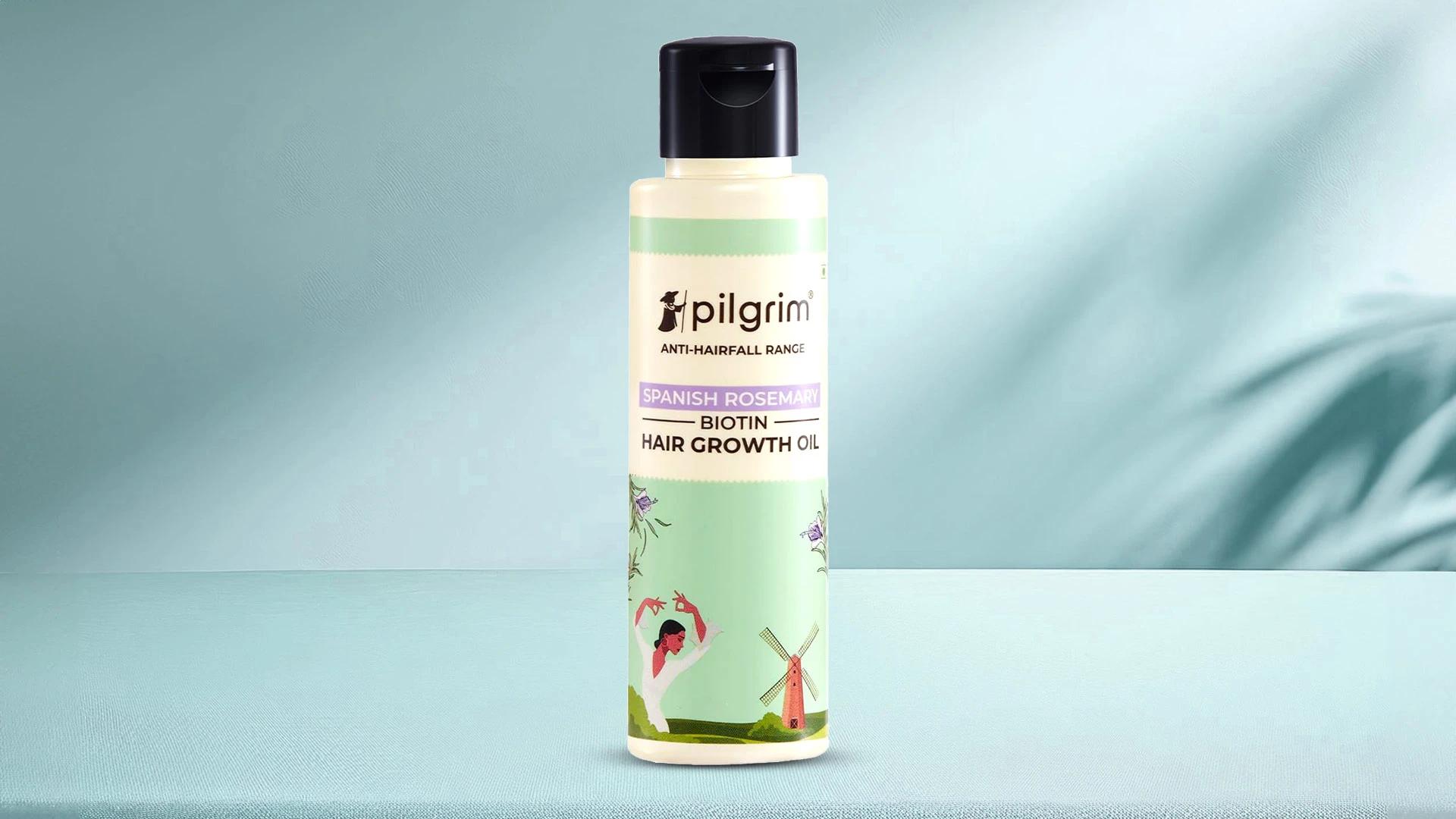A handful of mixed nuts makes an easy afternoon snack that supports your hair goals. If you're considering natural hair growth supplements alongside food sources, remember that real results come from a combination approach.
Whilst you're focusing on nutrition, don't forget about external haircare. Platforms like Smytten let you explore different hair products through trial packs, so you can find what works best with your newly nourished locks without committing to full-size products right away.
Step 3: Optimise Biotin Absorption for Hair Health
Eating biotin-rich foods is only half the battle—your body needs to actually absorb and use that biotin effectively. Several factors can impact biotin absorption and hair benefits, so it's worth knowing how to maximise your efforts.
Cooking methods matter more than you might think. Raw egg whites contain avidin, a protein that binds to biotin and prevents absorption. Always cook your eggs to get the full benefit. Similarly, alcohol can interfere with biotin absorption, so moderation is key if you're serious about supporting your hair health.
Certain medications, particularly antibiotics, can affect your gut bacteria that help produce biotin naturally. If you're on long-term medication, chat with your healthcare provider about whether you need to pay extra attention to your biotin intake through food sources.
Step 4: Combine Biotin with Other Hair-Healthy Nutrients
Biotin works best as part of a team. Protein foods for strong hair are essential because hair is primarily made of protein. Without adequate protein, even perfect biotin levels won't give you the results you're after.
Iron, zinc, and vitamins C and D all play supporting roles in hair health nutrition. Iron helps carry oxygen to hair follicles, whilst zinc supports the hair growth cycle. Vitamin C helps with iron absorption and collagen production, and vitamin D may help create new hair follicles.
The good news is that many biotin-rich foods also contain these complementary nutrients. Eggs provide protein and iron, nuts offer zinc and healthy fats, and leafy greens deliver iron and vitamin C. This is why focusing on whole foods rather than isolated supplements often works better for overall hair health.
Step 5: Monitor Progress and Adjust Your Diet
Hair grows slowly, so patience is your friend here. Most people start noticing improvements in hair texture and strength within 2-3 months of consistently eating biotin-rich foods. New growth might take 4-6 months to become really noticeable.
Keep an eye out for positive changes like reduced breakage, shinier hair, or faster growth. Your nails might improve too, as they're made of similar proteins to hair. If you're not seeing any changes after three months of consistent effort, it might be worth checking with a healthcare professional to rule out other underlying issues.
Remember that everyone's hair responds differently, and factors like genetics, hormones, and overall health all play a role. The goal is supporting your hair's natural potential, not achieving someone else's hair type.
Frequently Asked Questions


 Combo
Combo 120 Gummies
120 Gummies 60 Gummies
60 Gummies 125 gm
125 gm